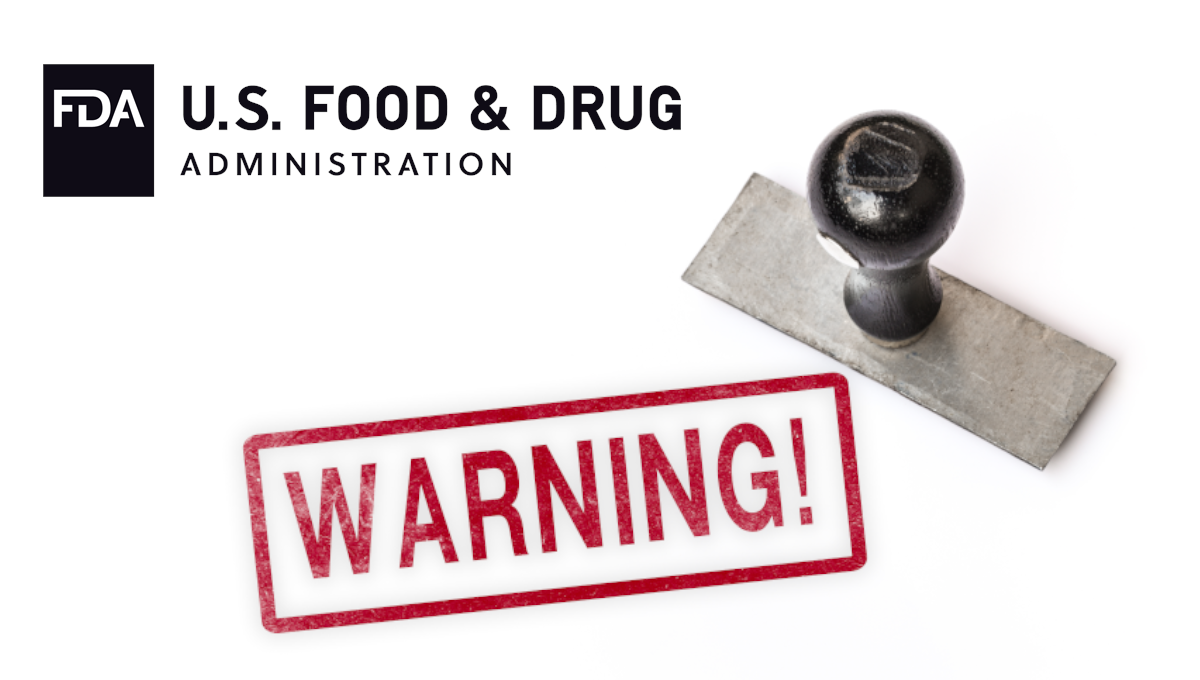As part of its enforcement activities, the Food and Drug Administration sends warning letters to entities under its jurisdiction. Some letters are not posted for public view until weeks or months after they are sent. Business owners have 15 days to respond to FDA warning letters. Warning letters often are not issued until a company has been given months to years to correct problems.
HolleHippos LLC
Thibodaux, LA
A food firm in Louisiana is on notice from the FDA for not having FSVPs for a number of imported food products.
In an Oct. 18, 2022, warning letter the FDA described a June 14-16, 2022, Foreign Supplier Verification Program (FSVP) inspection of HolleHippos LLC in Thibodaux, LA.
The FDA’s inspection revealed that the firm was not in compliance with FSVP regulations which resulted in the issuance of an FDA Form 483a. The significant violations are as follows:
The firm did not develop, maintain, and follow an FSVP. Specifically, they did not develop an FSVP for each of the following foods:
- Kendamil Organic Milk imported from Kendal Nutricare Ltd, located in the United Kingdom.
- Hipp Organic Infant Formula imported from Hipp GmbH & CO, located in Germany.
The full warning letter can be viewed here.
Lucero Produce II Corp.
Bronx, NY
A food firm in New York is on notice from the FDA for not having FSVPs for a number of imported food products.
In an Oct. 26, 2022, warning letter the FDA described a June 12-22, 2022, Foreign Supplier Verification Program (FSVP) inspection of Lucero Produce II Corp. in Bronx, NY.
The FDA’s inspection revealed that the firm was not in compliance with FSVP regulations which resulted in the issuance of an FDA Form 483a. The significant violations are as follows:
1. The firm did not develop, maintain, and follow an FSVP as required. Specifically, they did not develop, maintain, and follow an FSVP for any of the foods they import, including each of the following:
- Papalos, Epazote and Pipachas imported from (redacted) located in (redacted)
The firm imports fresh produce, that is “covered produce.” As an importer of covered produce, they must have an FSVP that demonstrates that their supplier is producing the food in compliance with processes and procedures that provide at least the same level of public health protection as those required and the implementing regulations in the Standards for the Growing, Harvesting, Packing, and Holding of Produce for Human Consumption.
The full warning letter can be viewed here.
(To sign up for a free subscription to Food Safety News, click here)

